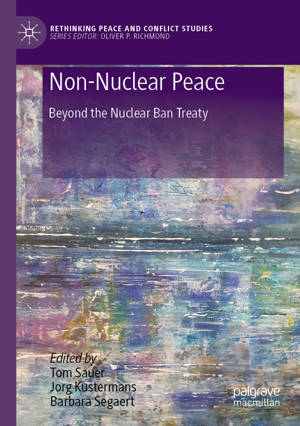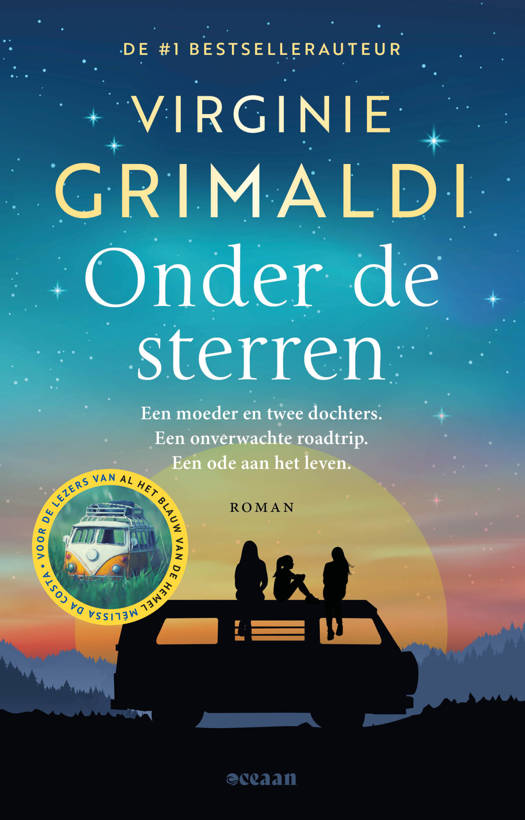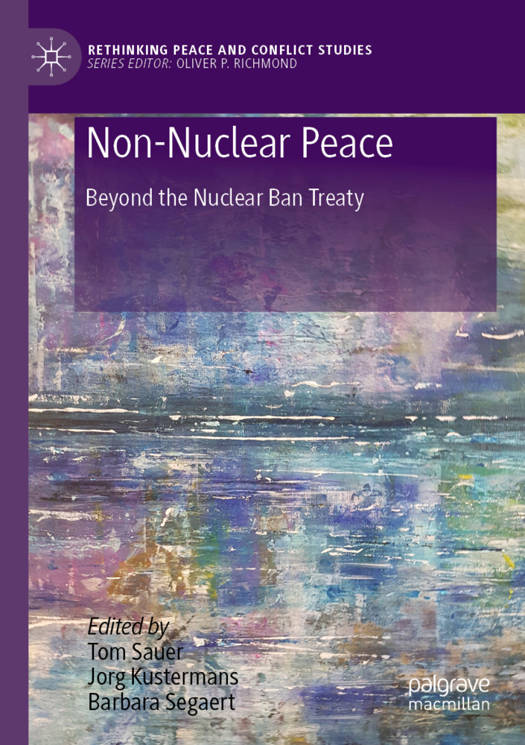
- Afhalen na 1 uur in een winkel met voorraad
- Gratis thuislevering in België vanaf € 30
- Ruim aanbod met 7 miljoen producten
- Afhalen na 1 uur in een winkel met voorraad
- Gratis thuislevering in België vanaf € 30
- Ruim aanbod met 7 miljoen producten
Zoeken
Non-Nuclear Peace
Beyond the Nuclear Ban Treaty
€ 116,45
+ 232 punten
Omschrijving
This volume examines the possibility of a world without nuclear weapons. It starts from the observation that, although nuclear deterrence has long been dominant in debates about war and peace, recent events show that ridicule and stigmatization of nuclear weapons and their possessors is on the rise. The idea of non-nuclear peace has been around since the beginning of the nuclear revolution, but it may be staging a return. The first part reconstructs the criticism of nuclear peace, both past and present, with a particular emphasis on technology. The second part focuses on the most revolutionary change since the beginning of the nuclear revolution, namely the Humanitarian Initiative and the resulting Nuclear Ban Treaty (2017), which allows imagining non-nuclear peace anew. The third and last part explores the practical and institutional prospects of a peace order without nuclear weapons. If non-nuclear peace advocates want to convince skeptics, they have to come up with practical solutions in the realm of global governance or world government.
Specificaties
Betrokkenen
- Uitgeverij:
Inhoud
- Aantal bladzijden:
- 194
- Taal:
- Engels
- Reeks:
Eigenschappen
- Productcode (EAN):
- 9783030266905
- Verschijningsdatum:
- 19/11/2020
- Uitvoering:
- Paperback
- Formaat:
- Trade paperback (VS)
- Afmetingen:
- 148 mm x 210 mm
- Gewicht:
- 276 g

Alleen bij Standaard Boekhandel
+ 232 punten op je klantenkaart van Standaard Boekhandel
Beoordelingen
We publiceren alleen reviews die voldoen aan de voorwaarden voor reviews. Bekijk onze voorwaarden voor reviews.










